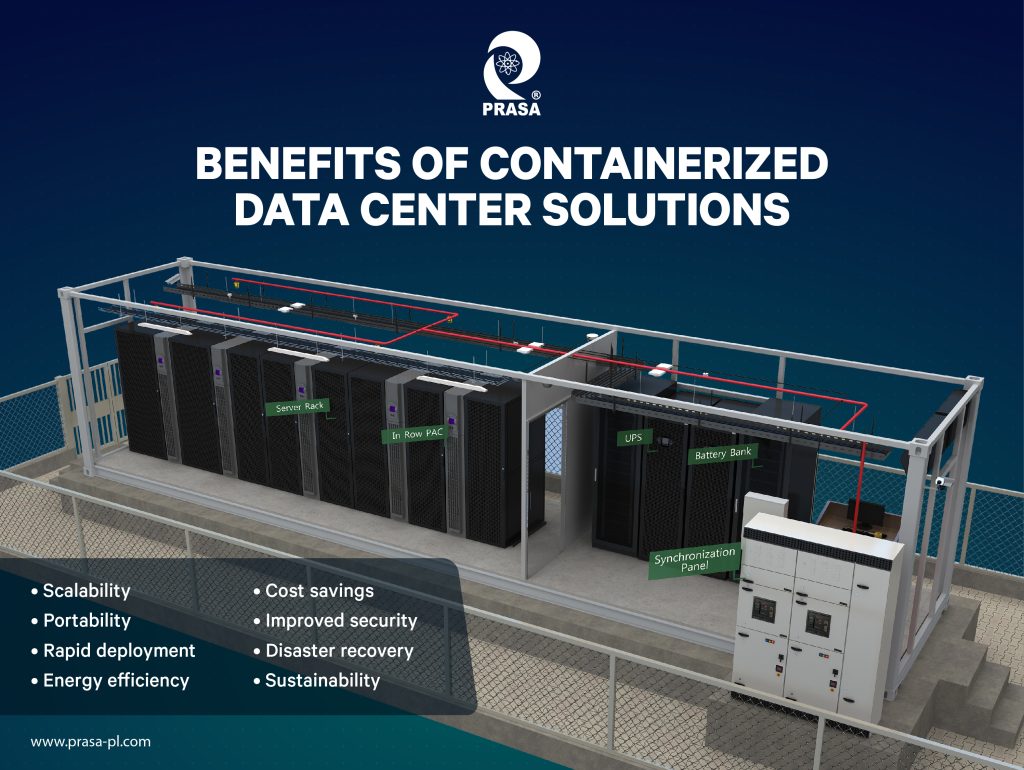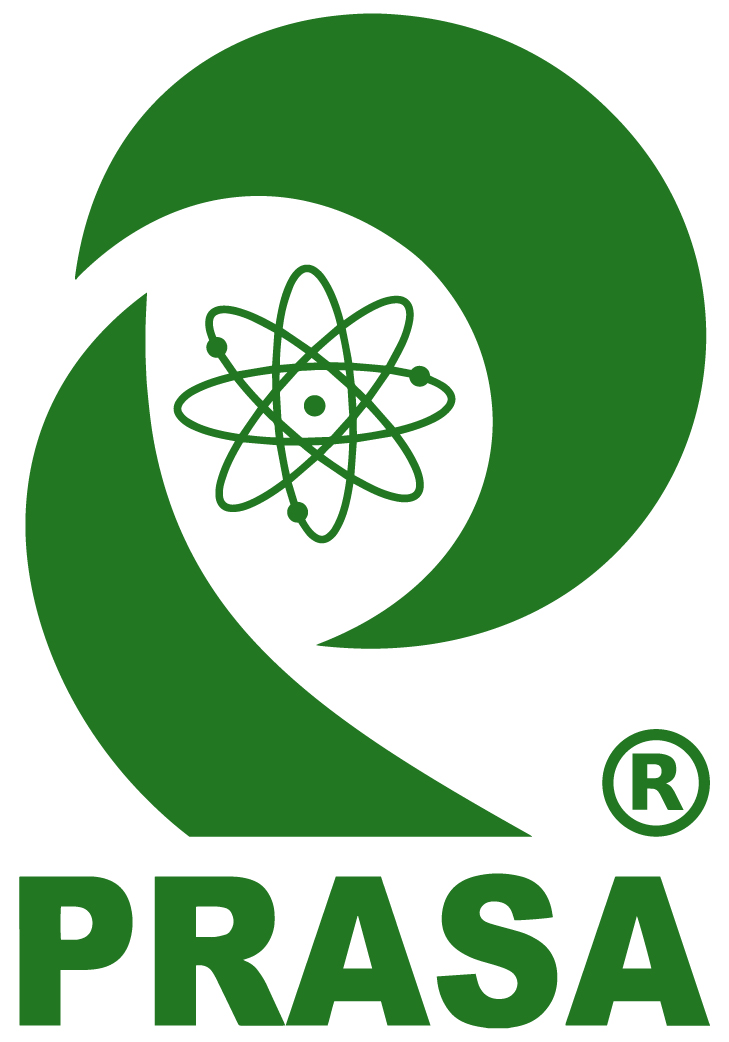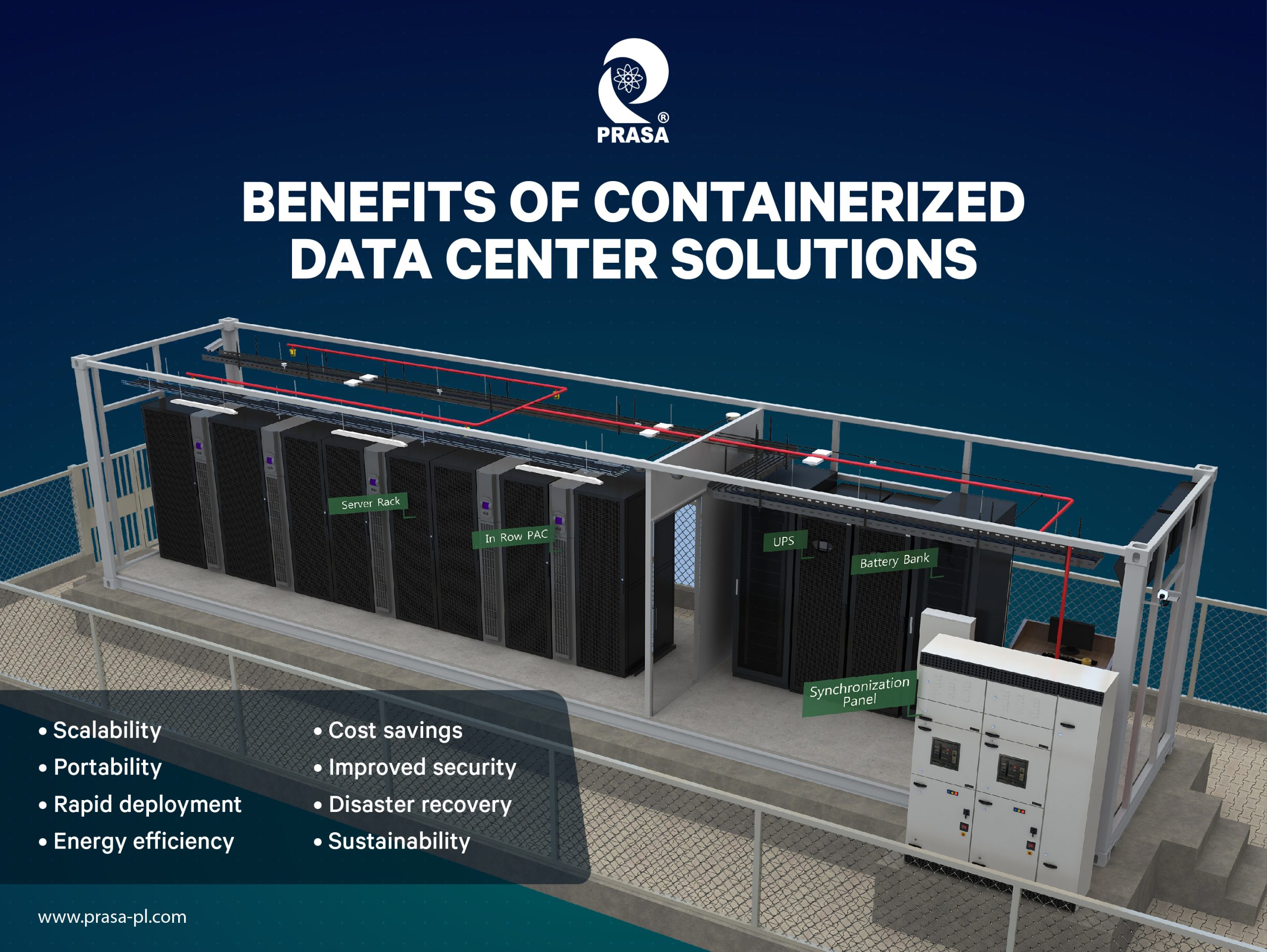
Containerized data centers are modular data center solutions where IT equipment, cooling, and power infrastructure are all housed in a shipping container. These data centers offer numerous benefits, including:
1. Scalability: Containerized data centers can be easily scaled up or down by adding or removing containers, making them ideal for companies that require a flexible infrastructure to support fluctuating IT needs.
2. Portability: Containerized data centers are designed to be transported easily and can be shipped to any location. This makes them perfect for companies that need to deploy IT infrastructure quickly in remote or temporary locations.
3. Rapid deployment: Containerized data centers can be quickly deployed, reducing the time and cost associated with building traditional brick-and-mortar data centers.
4. Energy efficiency: Containerized data centers are designed with energy efficiency in mind. They use advanced cooling techniques, such as hot and cold aisle containment, to reduce energy consumption
5. Cost savings: Containerized data centers can save companies money on construction, cooling, and energy costs, making them an attractive option for businesses with limited IT budgets.
6. Improved security: Containerized data centers can be equipped with advanced security measures, including biometric access control and video surveillance, to protect IT equipment and data.
7. Disaster recovery: Containerized data centers can be used for disaster recovery purposes, providing a backup infrastructure that can be quickly deployed in the event of a natural disaster or other emergencies.
8. Sustainability: Containerized data centers are designed with sustainability in mind, using renewable energy sources such as solar power to reduce their environmental impact.
In summary, containerized data centers provide a range of benefits that can help businesses reduce costs, improve efficiency, and enhance their overall IT infrastructure.

